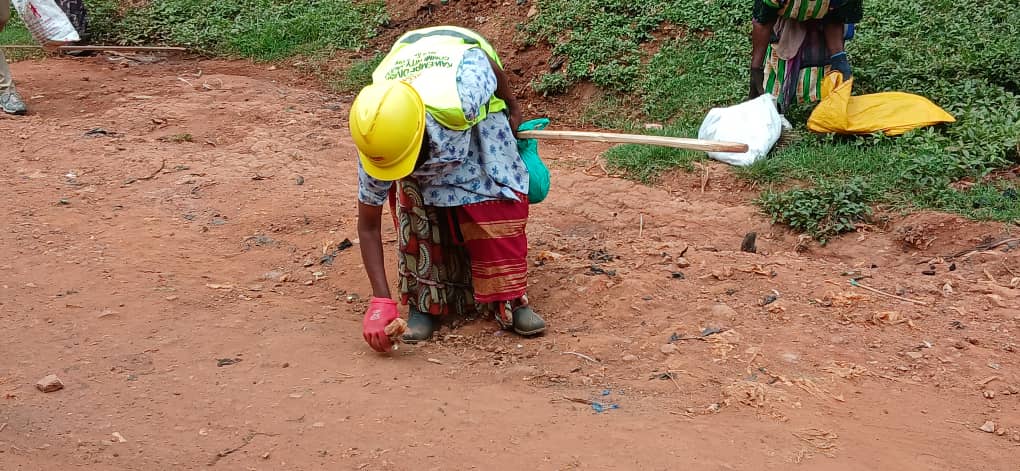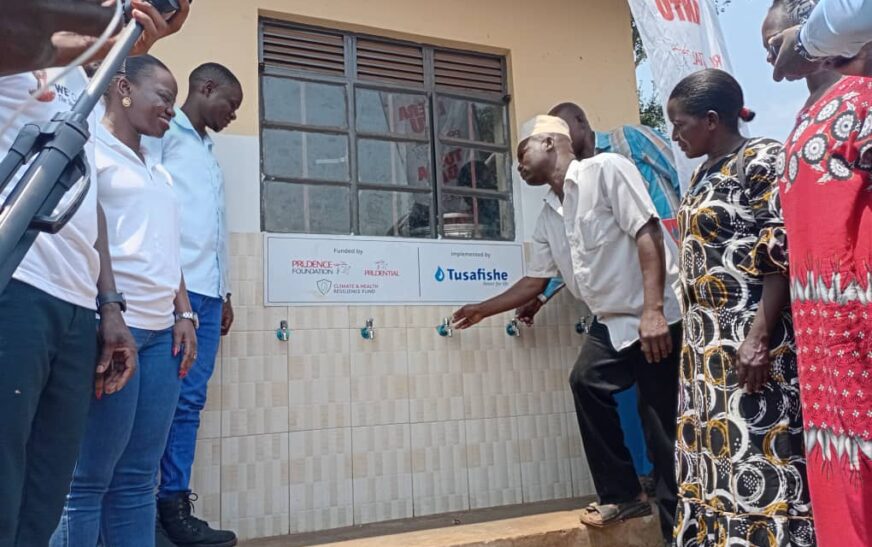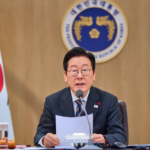A new report jointly published by the Inspectorate of Government (IGG) and the Economic Policy Research Centre (EPRC) at Makerere University has peeled back the curtain on a dark and largely unspoken reality: the price of a government job in Uganda can be your savings, your dignity or both.
The study, “An Assessment of the Cost and Extent of Corruption in Recruitment by the District Service Commissions in Uganda,” exposes what many job seekers already know but few dare to say aloud corruption has quietly become the currency of employment in Uganda’s public sector.
Bribes, Bargains, and Broken Promises
For young professionals hoping to join the public service, the process can feel less like a merit-based opportunity and more like a transaction in a shadow market.
One woman, anonymised as KII Respondent in the report, was asked to pay Shs 12 million for a position that wasn’t even publicly advertised.
According to Ugnewline, she managed Shs 4 million, but her payment wasn’t enough. She was then pressured into offering sexual favours to complete the deal. Even after all that, the job went to someone else.
“I was asked for Shs 12 million but only managed to pay Shs 4 million and sex on top of that; however, I did not get the job,” she revealed. The report notes that she was the only respondent who openly admitted to paying a non-monetary bribe, underscoring the prevalence of such exploitative practices. Her story, while deeply disturbing, is far from unique.
Applicants across the country report being asked to surrender their entire salaries for up to a year to secure a position. As one respondent plainly put it:
“One has to surrender the salary for a whole year in order to secure a job.”
The Numbers Behind the Scandal
Between 2018 and 2022, applicants in just 20 sampled districts were asked for a combined Shs 78 billion in bribes, of which Shs 29 billion was paid. That breaks down to roughly Shs 5.8 billion per year, or about Shs 290 million per district annually.
Extrapolated to Uganda’s 146 districts, the estimated national cost in bribes for public service jobs soars to Shs 42.34 billion each year.
These findings echo a 2017 UBOS survey, which estimated Shs 166 billion in annual bribes paid to public officials. The common thread? Public office, it seems, often comes at a private cost.
A Price Tag on Public Service
Not all jobs carry the same price. The report reveals that bribe amounts vary widely by role: Shs 40–50 million: Senior positions like Heads of Department and Shs 3–5 million: Roles such as Nursing Assistants or Grade III Teachers
To pay these unofficial “fees,” many applicants deplete personal savings (42.3%), borrow from friends (17.3%), or sell assets (13.5%). Others take out loans or rely on their salaries, effectively beginning their careers already in debt.
Corruption Beyond the Envelope
While bribery is the most visible form of recruitment corruption identified by 82% of applicants—it’s only the tip of the iceberg. The report also uncovered: Unadvertised vacancies quietly filled; Fake academic documents, forged minutes andNepotism, favouritism, and political interference
And though these issues vary by district, one trend remains consistent: District Service Commission members are the most frequently implicated.
Why It’s Happening
The report points to a perfect storm of systemic failures: High youth unemployment, driving desperation; Underfunded and understaffed DSCs (44% of them lack sufficient personnel); Weak oversight mechanisms, making accountability difficult; Low pay for commission members, creating incentives for illicit gains and Political patronage, which erodes meritocracy
The result is a system where jobs are no longer earned they’re bought, bartered for, or handed out through backroom deals.
Can the System Be Fixed?
The IGG and EPRC aren’t just sounding the alarm they’re offering solutions. Key recommendations include: Reforming how DSC members are appointed; Raising qualifications and ethical standards for commission members; Increasing funding and salaries to reduce incentives for corruption and Enforcing transparency in job advertising and shortlisting processes.
The Cost of Silence
Uganda’s job seekers are not just losing money they’re losing faith. In a country where the youth unemployment rate hovers around 13.3%, and where many households depend on public sector wages, the damage goes beyond individual disappointment. It threatens to erode public trust in institutions designed to serve not exploit citizens.
The voices in the report are clear: they want a system where qualifications, not connections, determine who gets hired.
Until that becomes reality, Uganda’s public service may continue to be haunted by a quiet, systemic betrayal where corruption holds the keys to opportunity, and merit stands outside, waiting.



















